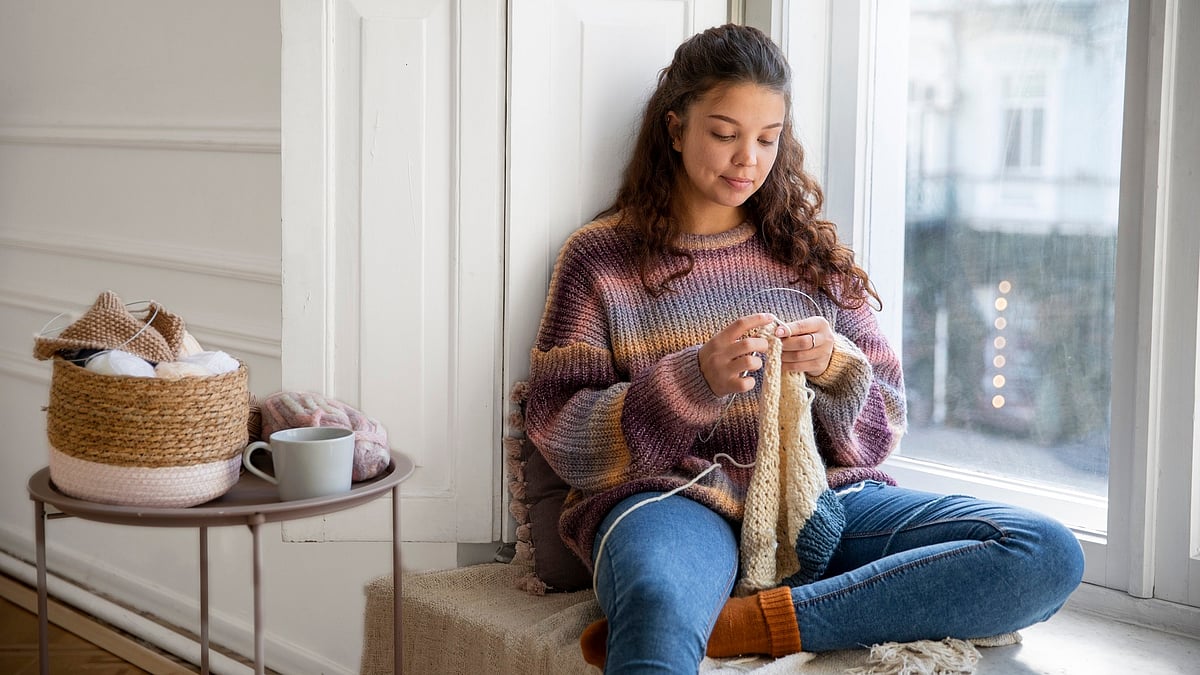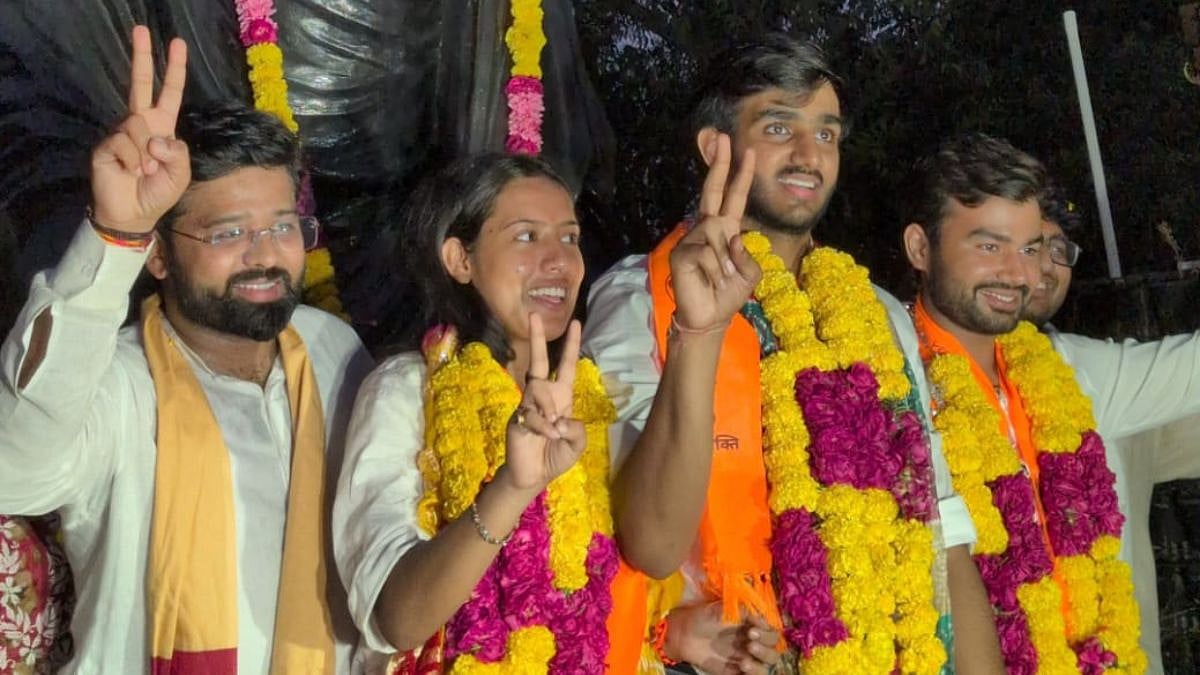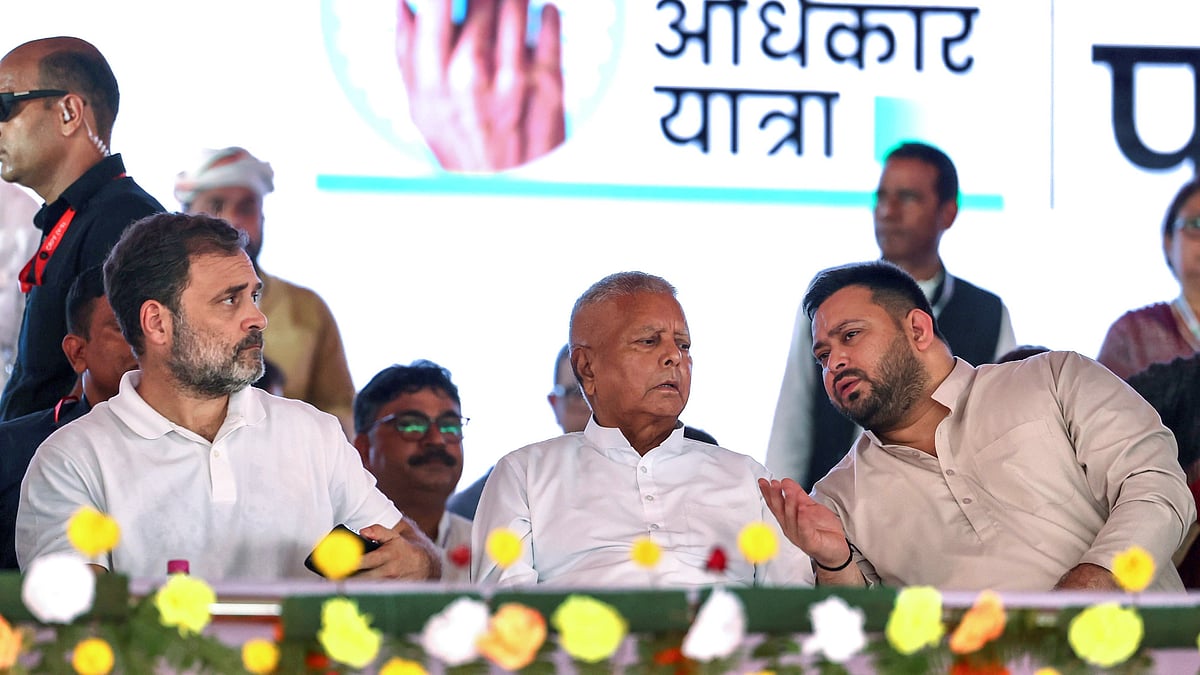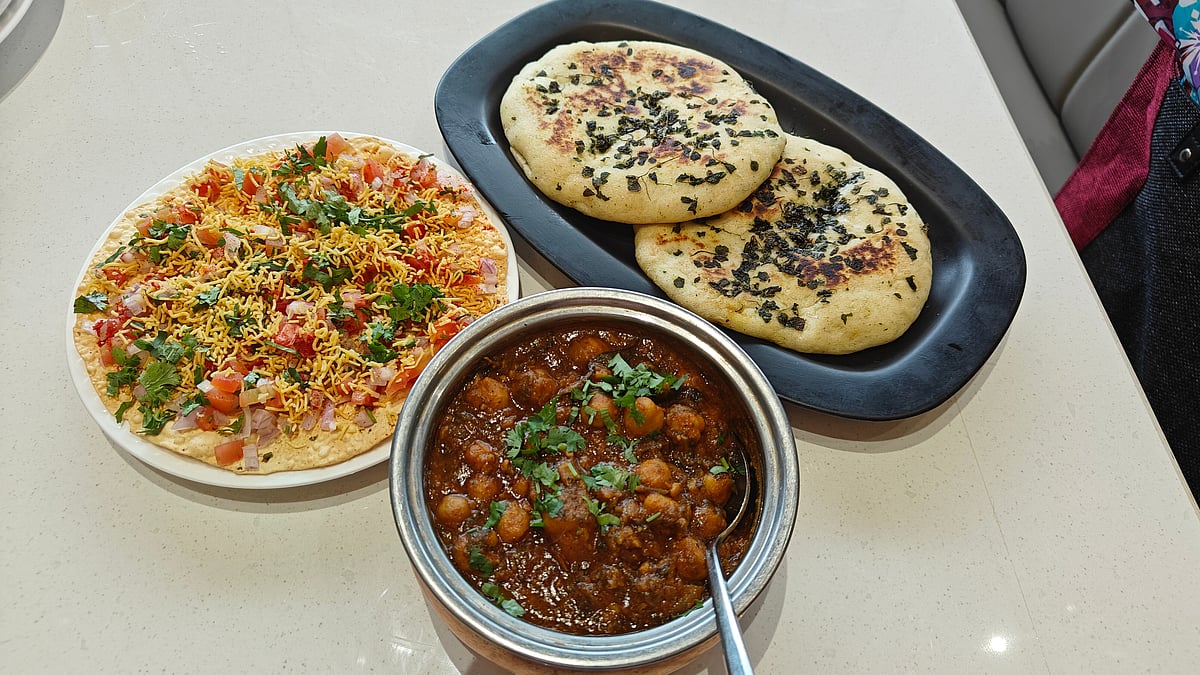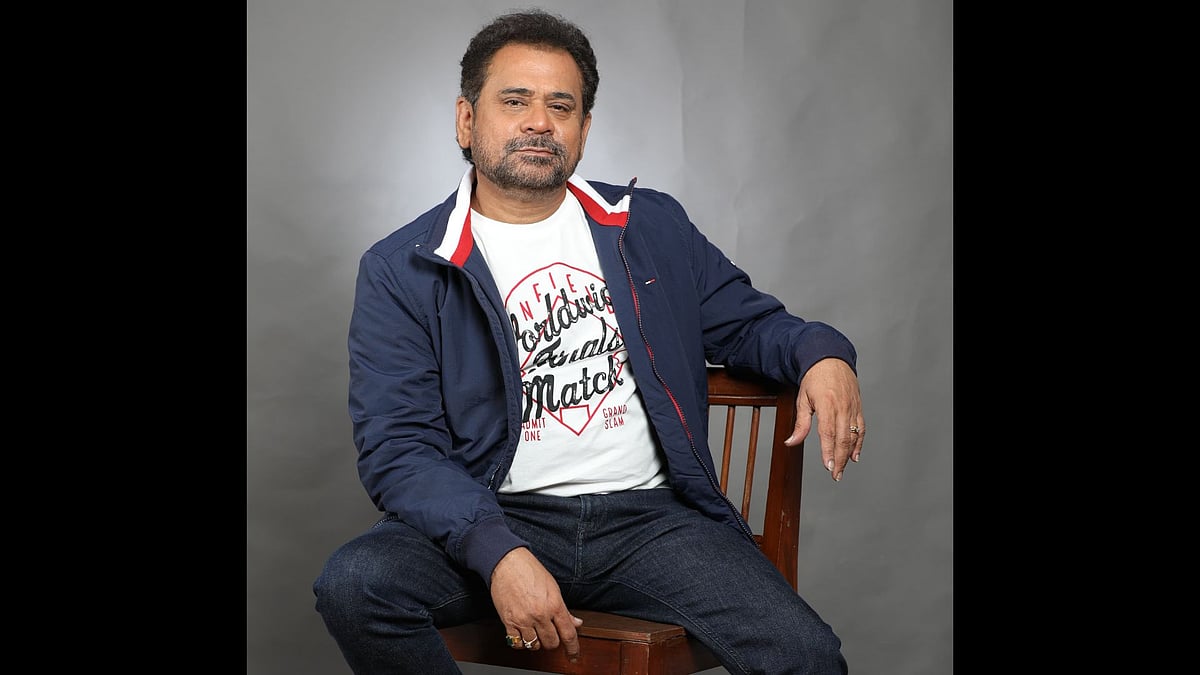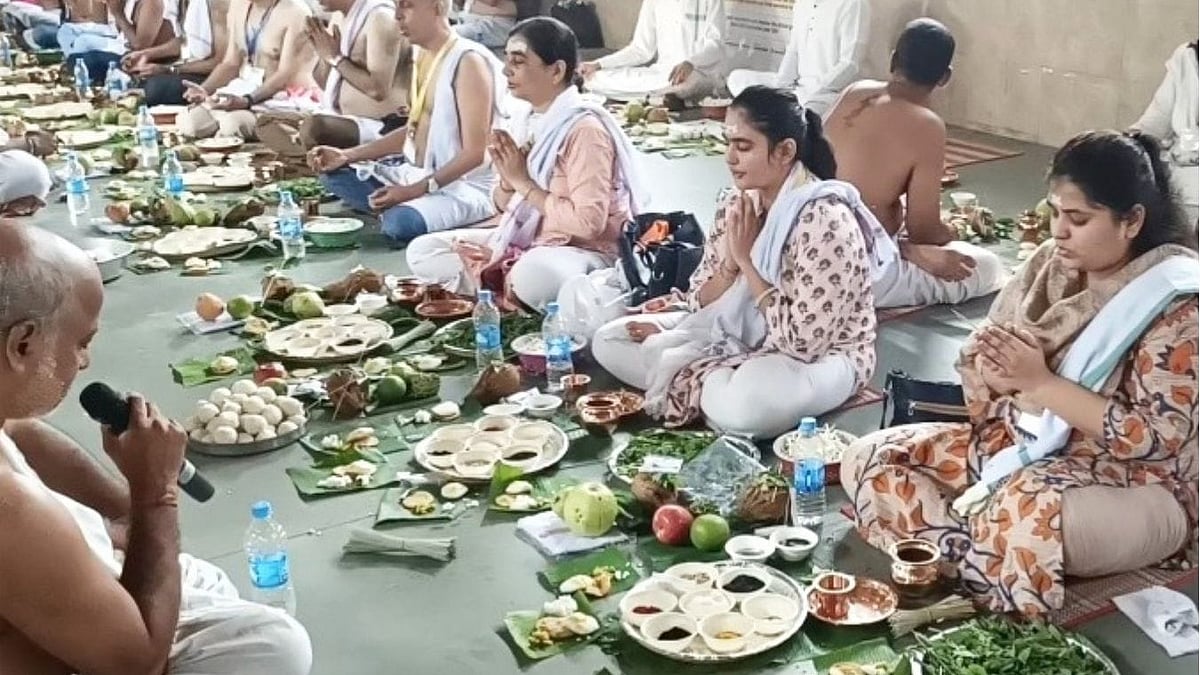In a world obsessed with productivity and hustle, the idea of doing something “just for fun” often feels like a rebellion. We’re taught early that hobbies are great until we grow up. Then, they must be monetized, mastered, or abandoned. But what if we chose a different path? What if, instead of turning every passion into a side hustle, we simply allowed ourselves to return to the things we loved as children without pressure, without performance, without the need to prove anything?
Reclaiming childhood hobbies can be an act of gentle defiance and radical self-care. These early interests—drawing, dancing, building with Lego, playing the flute, collecting stamps, writing bad poems often gave us a sense of joy and absorption that adult life rarely allows. They weren’t about outcomes or validation. They were about presence. About being so immersed in what we were doing that time stopped mattering.
As we navigate careers, relationships, responsibilities, and the internet’s relentless feed of comparison, returning to childhood hobbies can ground us. They offer a form of nostalgia that isn’t escapist, but healing. They remind us of who we were before the world began asking us to be more, do more, earn more.
Take painting, for example. A friend recently took up watercolours again after nearly two decades. She said the smell of the paint brought her back to afternoons spent at her grandmother’s table. “I’m not good at it,” she told me with a laugh, “but I don’t care. It makes me feel like me.” That simple sentence stayed with me. It makes me feel like me. Isn’t that what we’re all chasing, in some way?
But here’s the catch: In our hyper-commercial world, even our most innocent joys risk becoming projects. As soon as someone sees you knitting or doodling or baking, the suggestions roll in—“You should sell that!” “You should start a page!” “You could make money off this!” It’s as if a hobby doesn’t deserve time or space unless it can earn its keep. We internalize this pressure, start tracking progress, and before long, the pleasure morphs into pressure.
There’s nothing wrong with turning a hobby into a profession. Many people do it with love and integrity. But not everything we do needs to be public or profitable. Some things are worth doing simply because they make us feel whole. Because they return us to a state of play. Because they allow us to be unselfconscious, imperfect, and free.
There is deep emotional intelligence in maintaining boundaries around our joy. In resisting the temptation to turn every act of creation into content. When we keep a hobby just a hobby, we’re carving out a space that belongs only to us. No metrics. No followers. Just the quiet pulse of something that brings us back to ourselves.
The world is loud. Algorithms are demanding. Life is uncertain. But our childhood hobbies, the ones we abandoned in the race to become adults, might be the softest, most reliable form of self-connection we have. Picking them back up isn’t regression; it’s remembering.
So go ahead: dig out the old sketchbook, take that dance class, start collecting leaves again. Not for a brand, not for applause, not even for improvement. Just because you loved it once. And maybe, just maybe, you still do.
